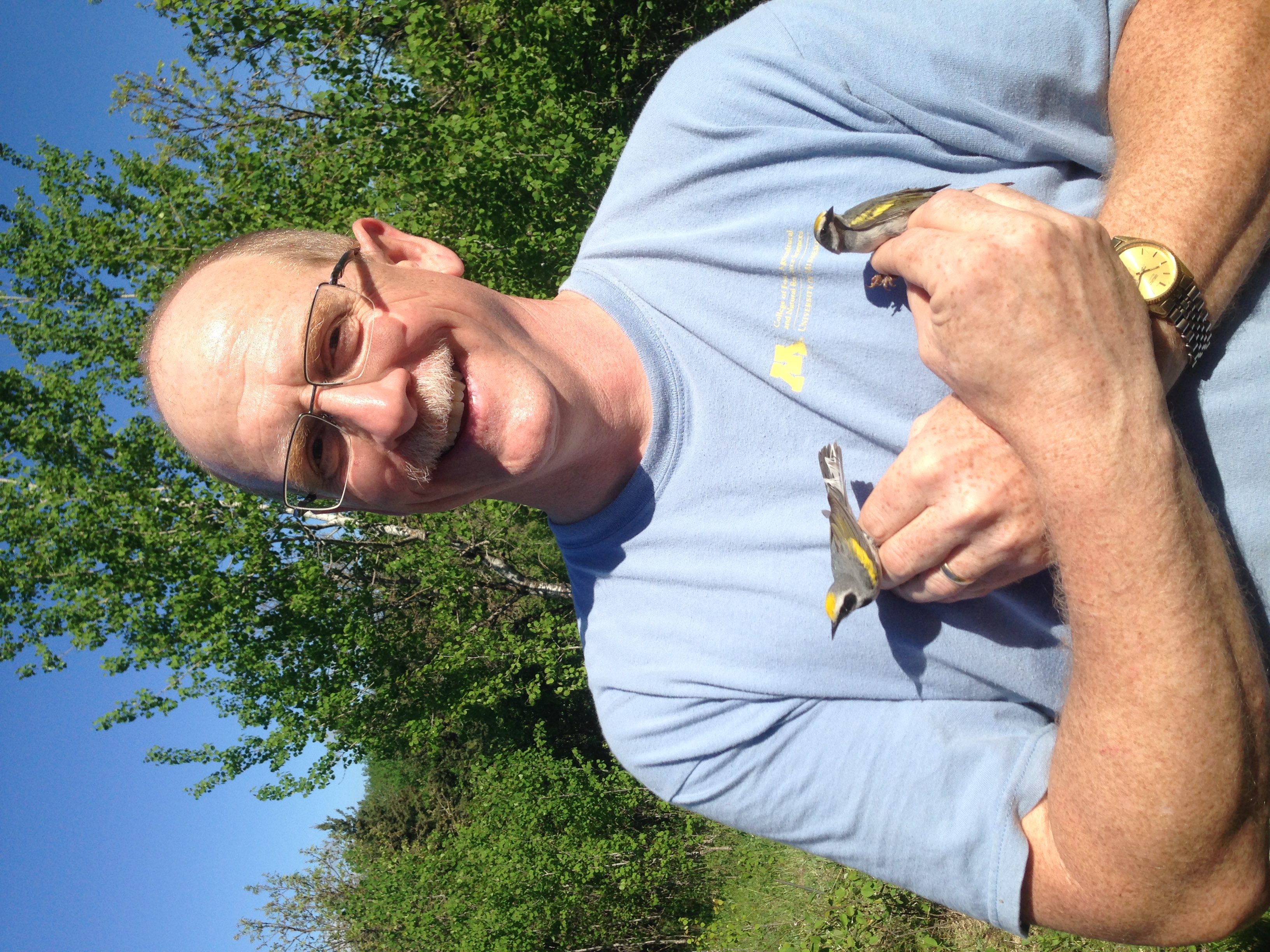
CROOKSTON, Minn. – University of Minnesota Crookston Professor John Loegering was recognized with The Wildlife Society’s Publication Award for a journal article entitled “Population Trends in Vermivora Warblers Are Linked to Strong Migratory Connectivity”. The article was published in the Proceedings of the National Academy of Sciences. Loegering was a minor author on the publication along with Gunnar R. Kramer, David E. Andersen, David A. Buehler, Petra B. Wood, Sean M. Peterson, Justin A. Lehman, Kyle R. Aldinger, Lesley P. Bulluck, Sergio Harding, John A. Hones, Curtis Smalling, Rachel Vallender, and Henry M. Streby.

The Wildlife Society’s Publication Awards recognize excellence in the scientific literature on wildlife biology and management issued within the last three years. The publications selected are characterized by originality of research or thought and a high scholastic standard in the manner of presentation. Five categories of research or management-oriented publications are eligible for awards: book, edited book, article/journal paper, monograph, or student paper. The award ceremony was held on Nov. 1, 2021, in conjunction with the virtually held 2021 Annual Conference of The Wildlife Society.
Loegering was part of a large research team studying Golden-winged Warblers from 2007-15. Loegering’s part of the research was focused on working with a University of Minnesota Twin Cities graduate student to collect data in Central Minnesota, which he did with his wife Lisa Loegering, who is also acknowledged in the paper. The fieldwork included John and Lisa capturing birds, attaching geolocators, and then recapturing the same birds a year later at Tamarac National Wildlife Refuge in Rochert, Minn.
“The research findings turned out to be pretty important, explaining much of why we see huge differences in sub-population survival and population abundances in North America,” Loegering stated. “Those different sub-populations winter in different locations in central and South America, and we suspect it is the quality of those wintering areas that have contributed to the steep population decline we see in the Appalachian region but not in Minnesota. We used a very innovative technique to track birds for a year between the breeding grounds in Minnesota to New York and then flew to Belize or Venezuela for the winter. It is a great example of how UMN Crookston faculty can contribute to collaborative research. Lead author Gunnar Kramer has continued this research and I anticipate more surprising findings!”
Loegering has been on the faculty of the Agriculture and Natural Resources Department since 2000. His research interests include avian ecology, quantitative ecology, riparian and wetland ecosystems, wildlife-habitat relationships, and wildlife-human interactions. He has been published in numerous academic journals and many awards including, but not limited to: The Wildlife Society Fellows Award, Outstanding Service Award by the Minnesota and Oregon Chapters of The Wildlife Society, the Distinguished Teaching Award, and the Silver Award for Agricultural Communicators in Education.


